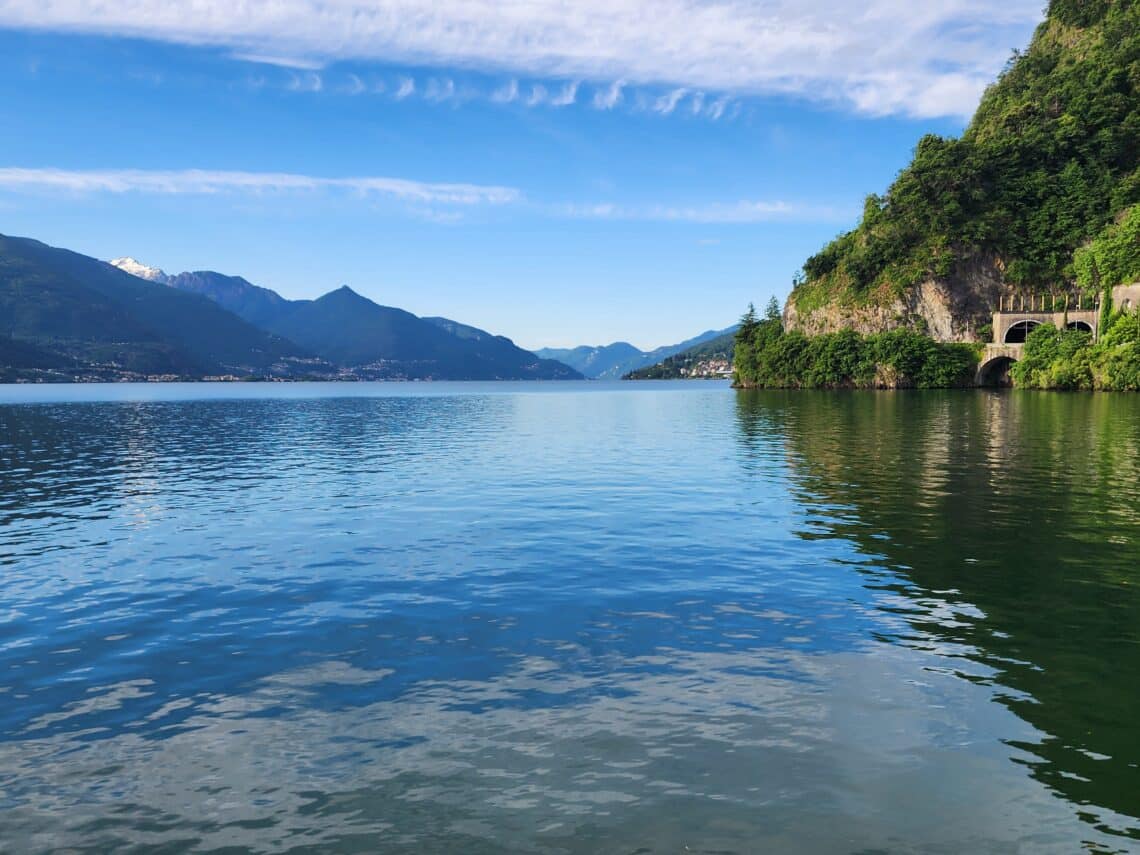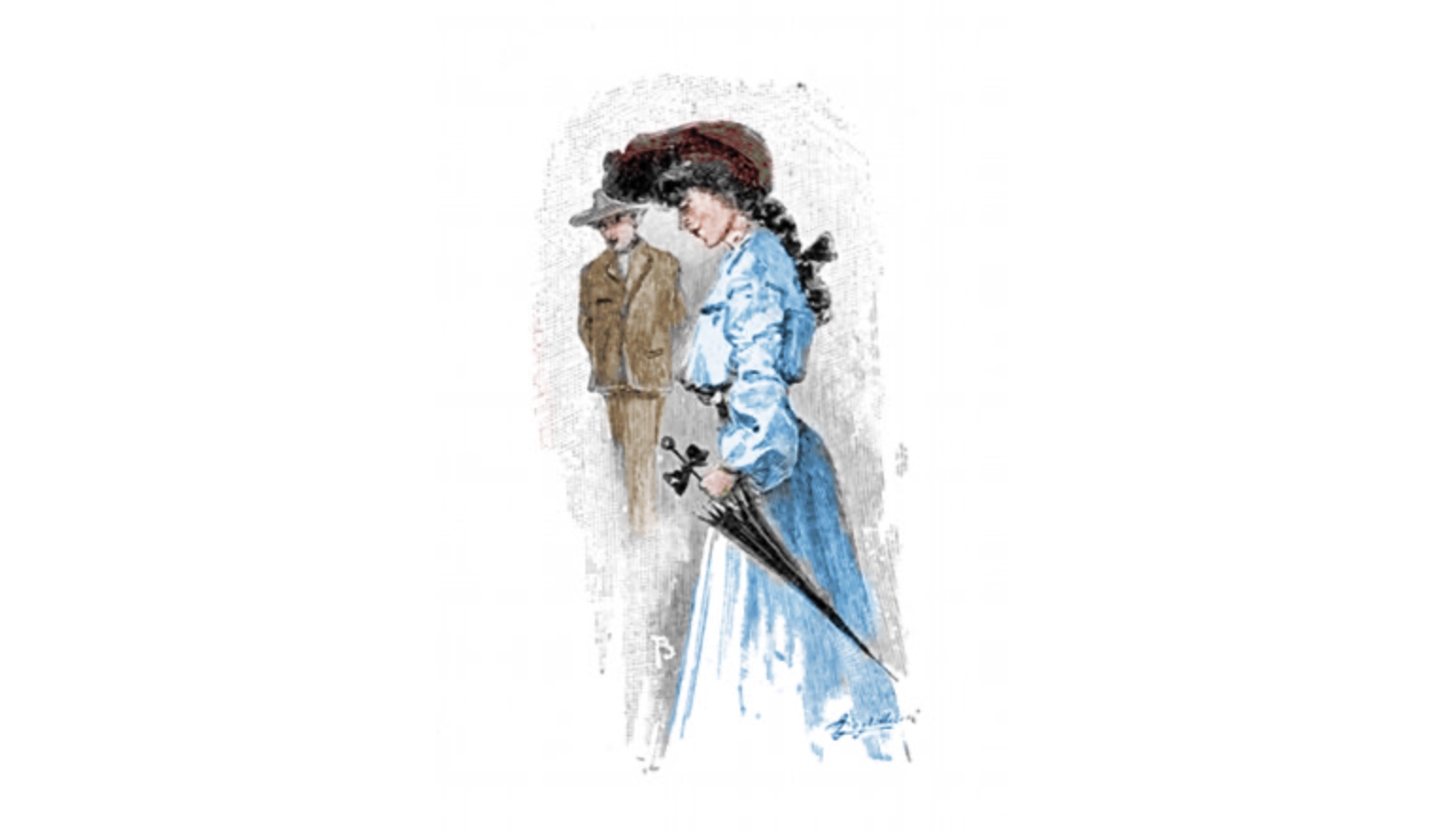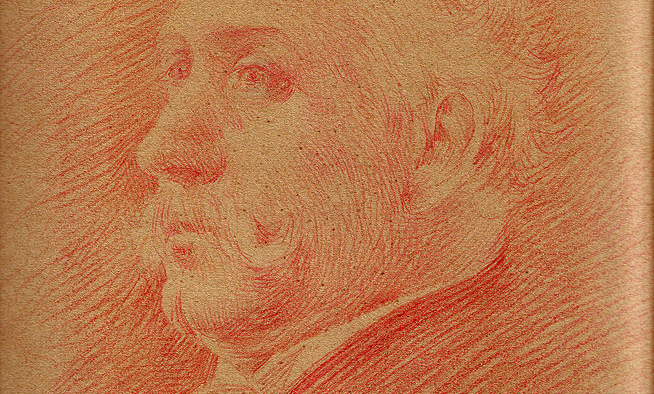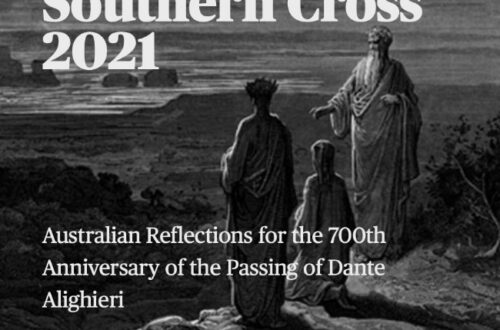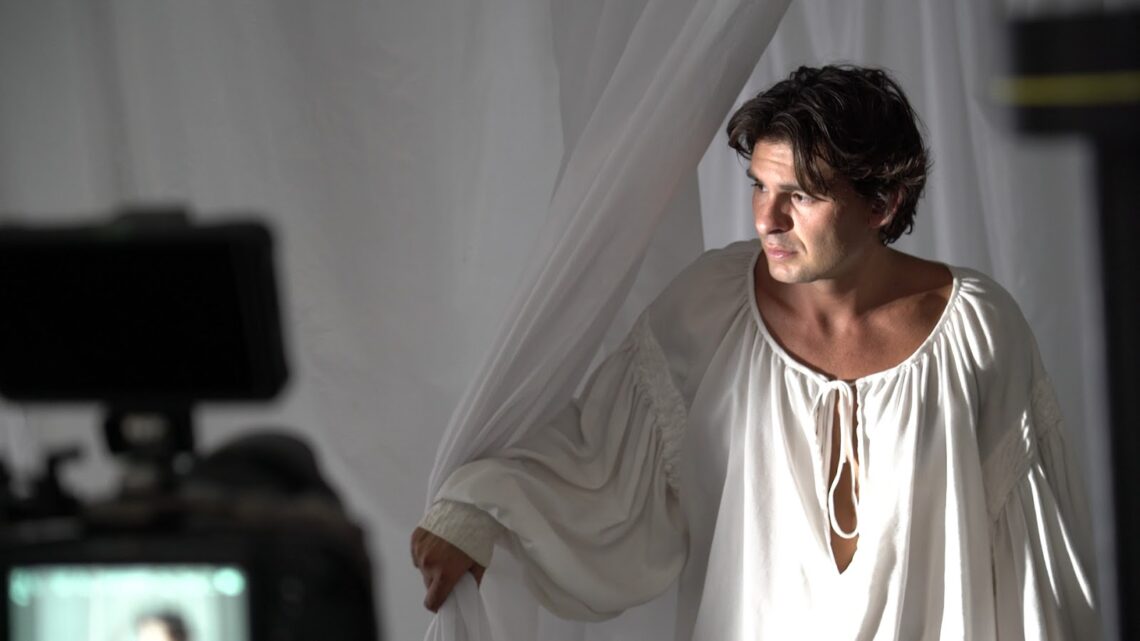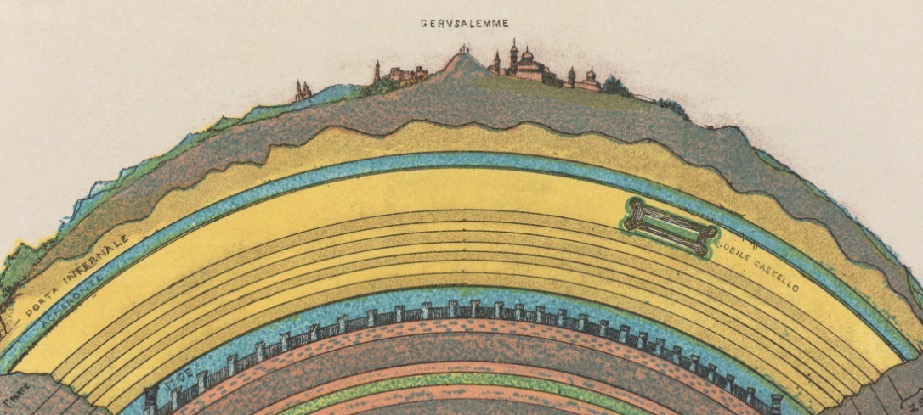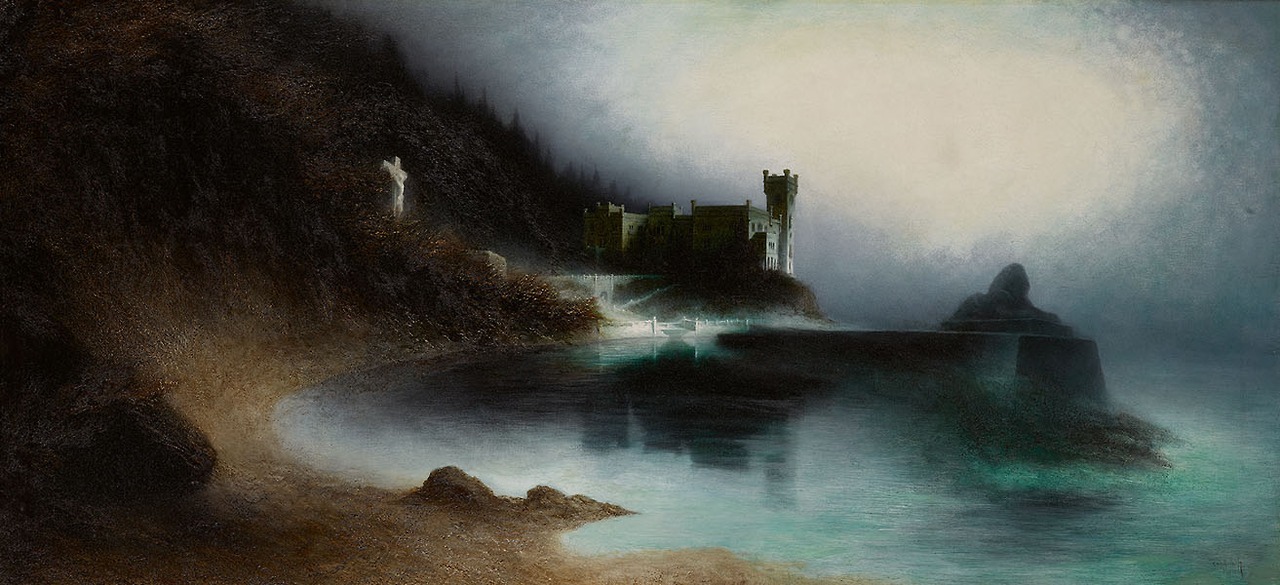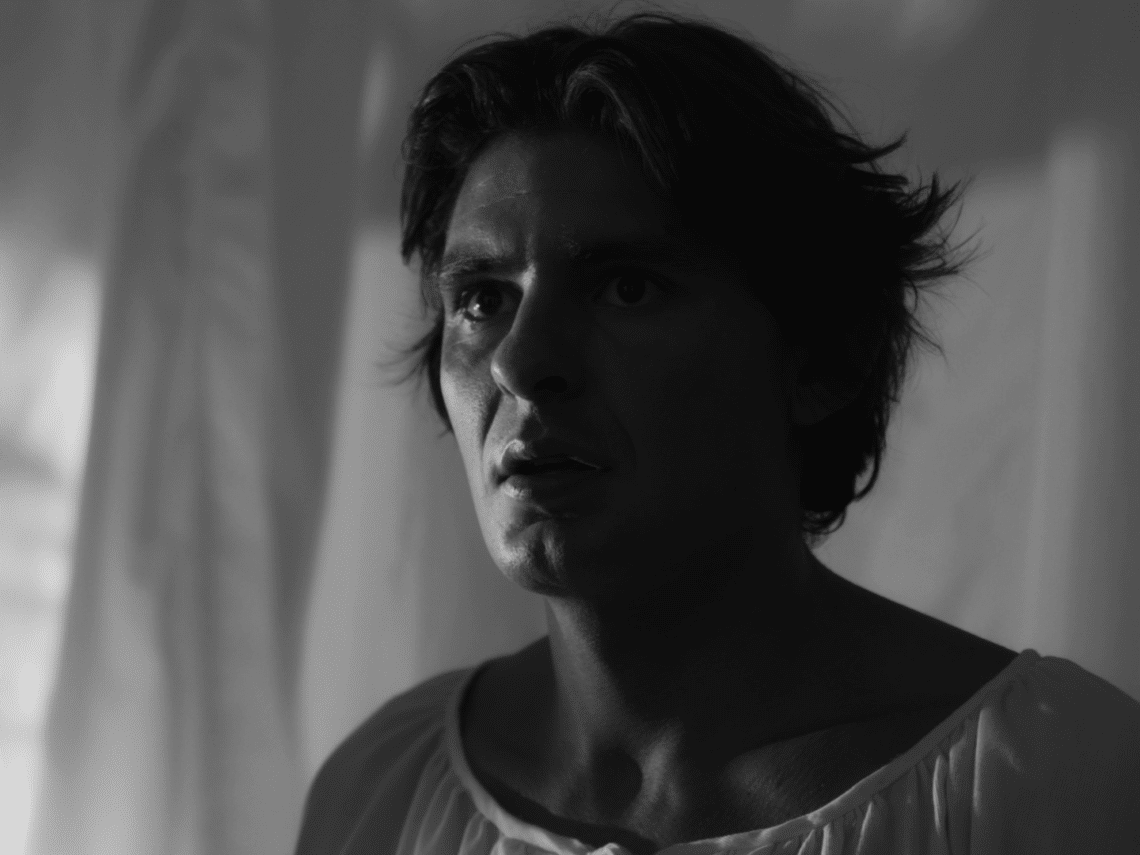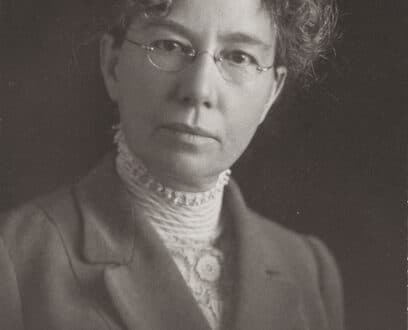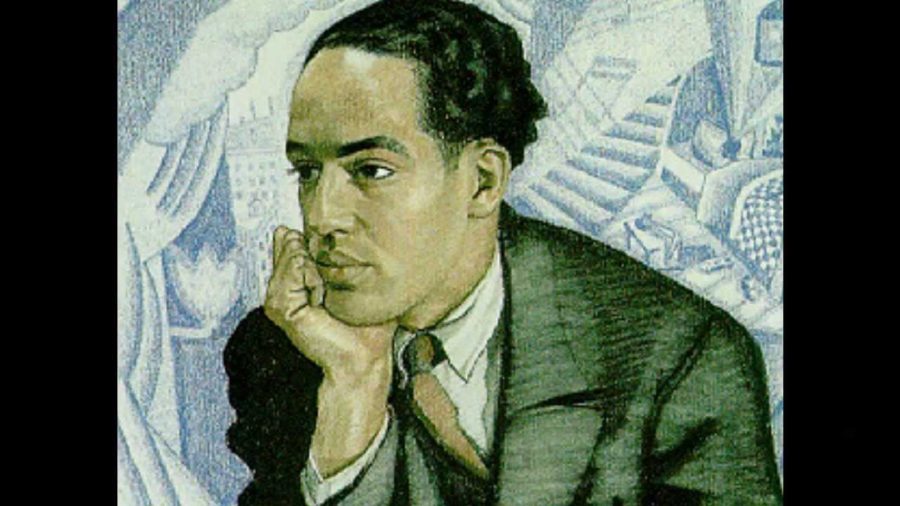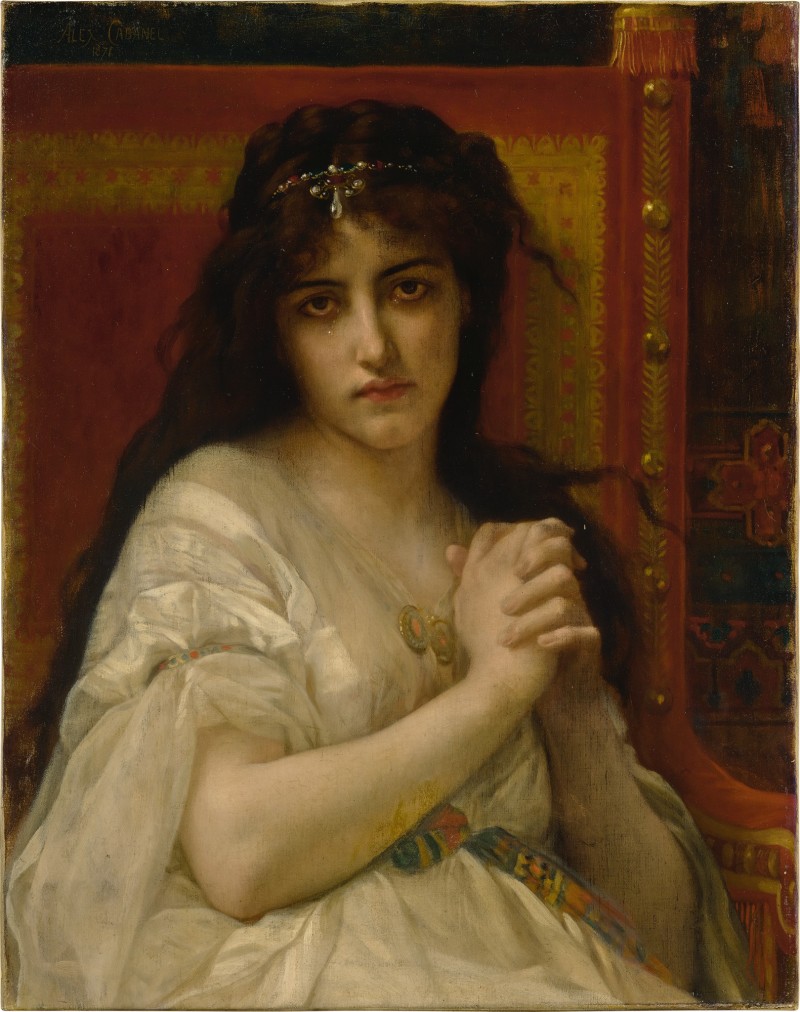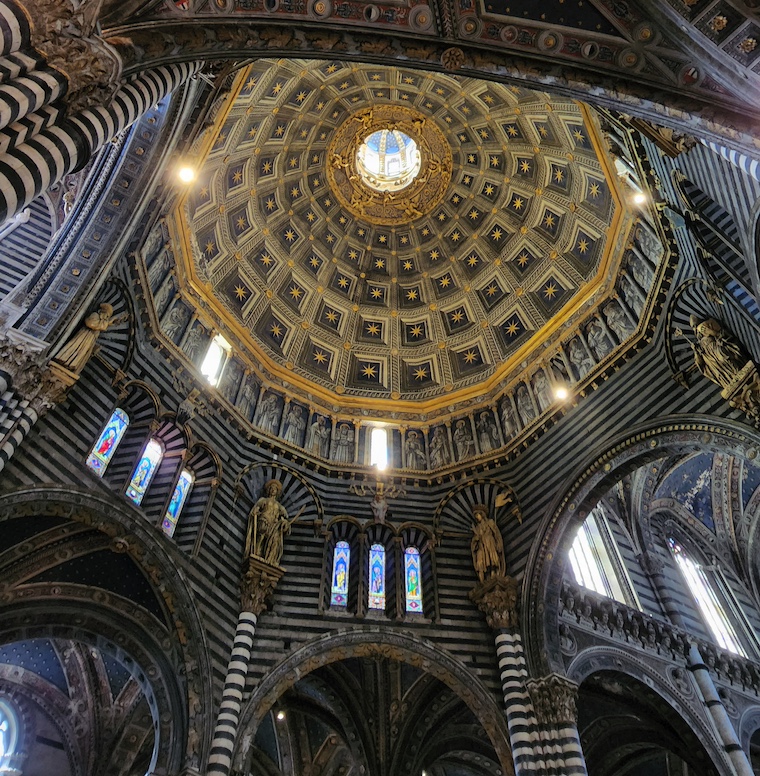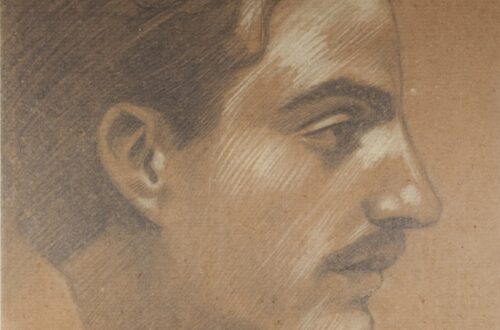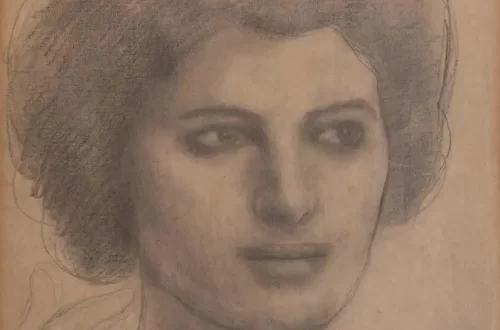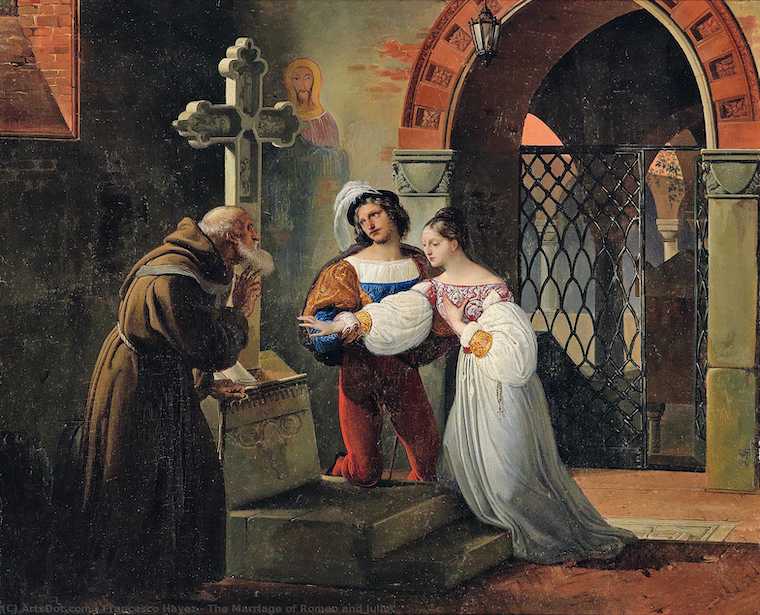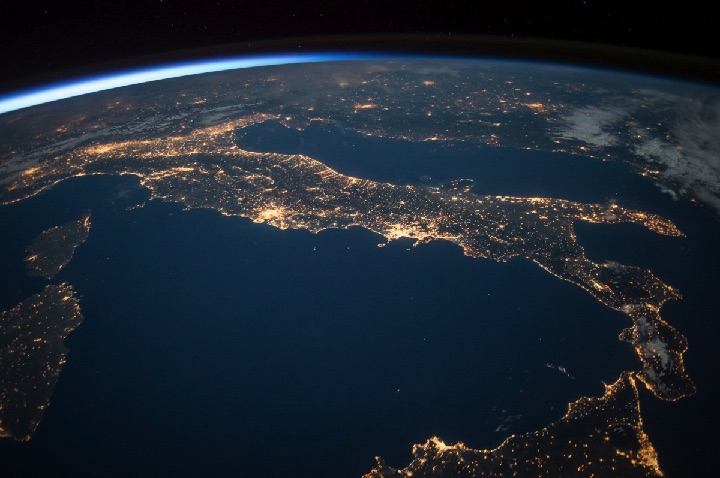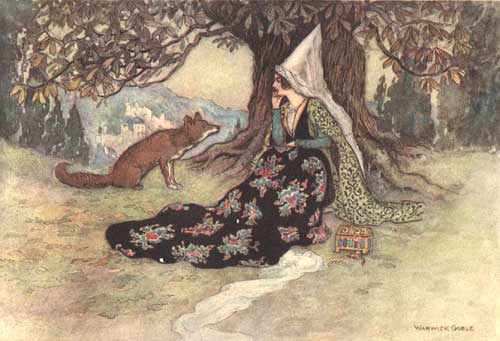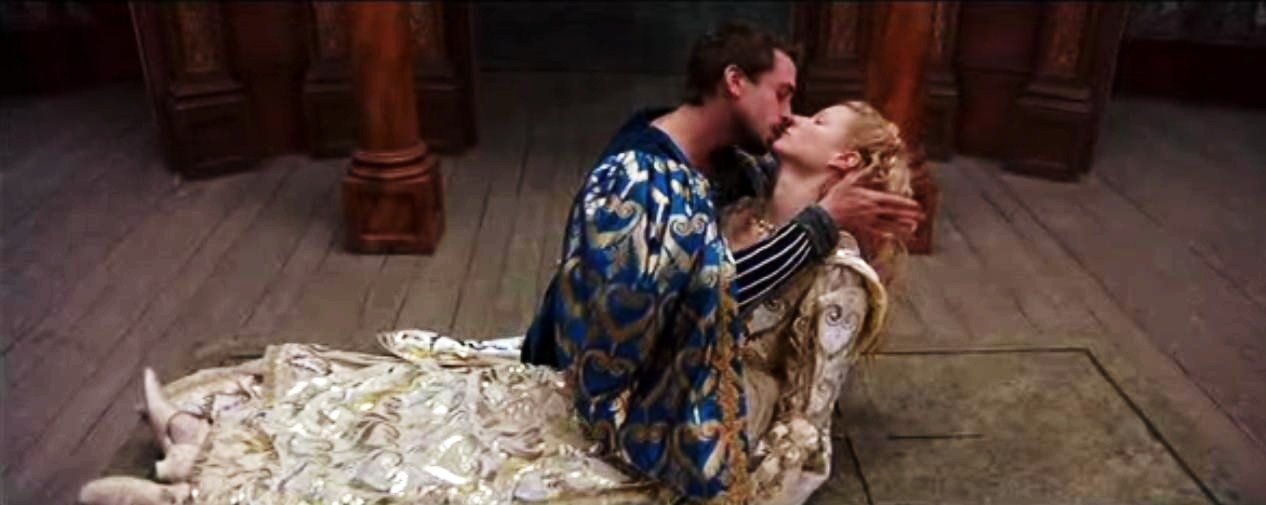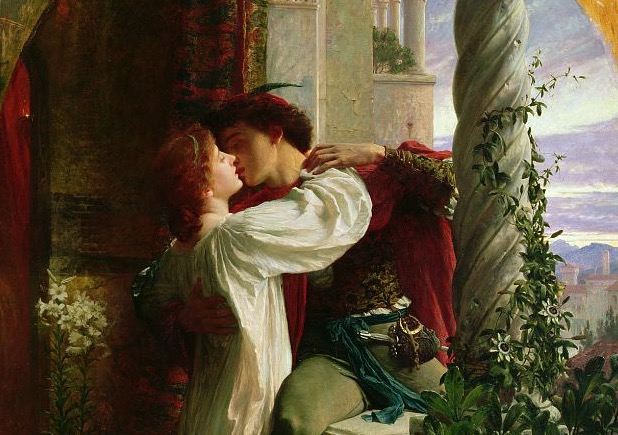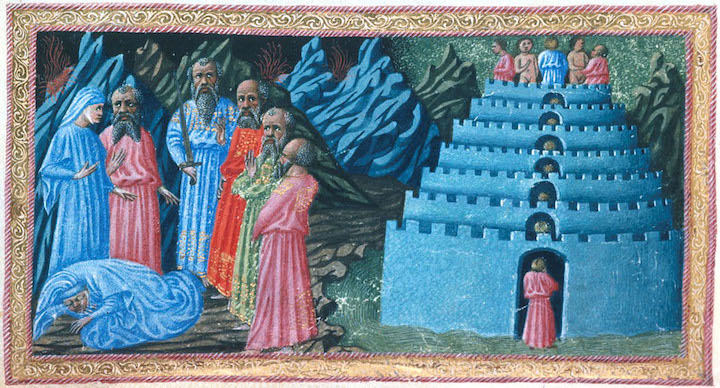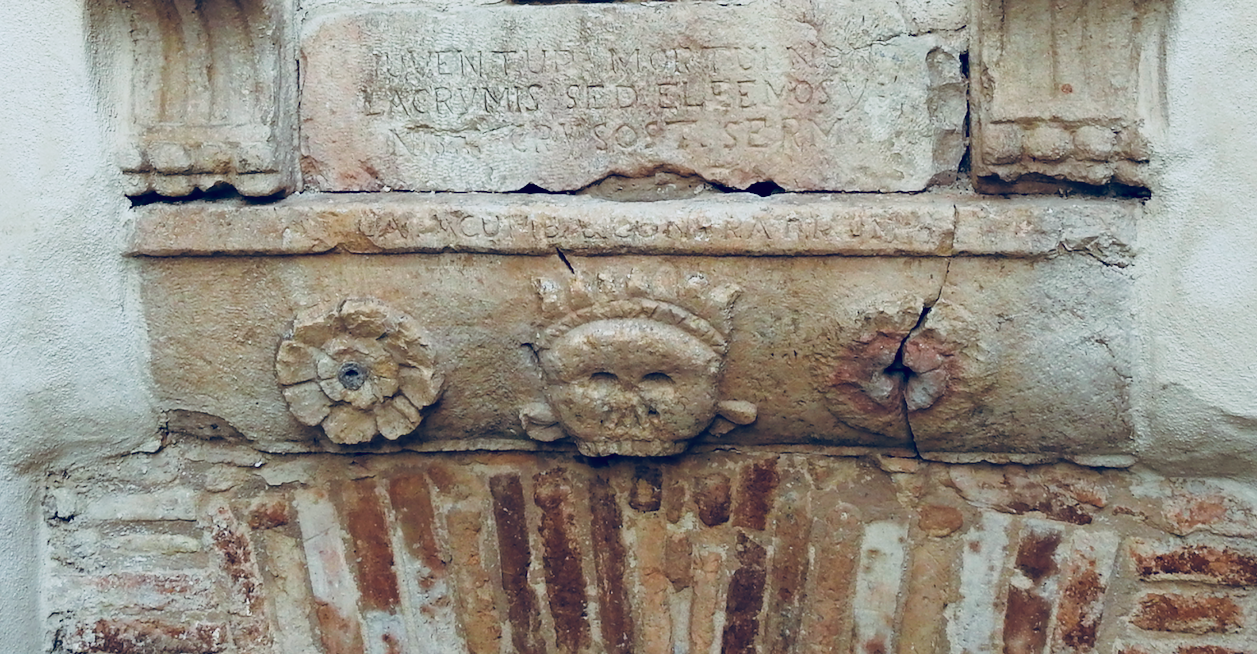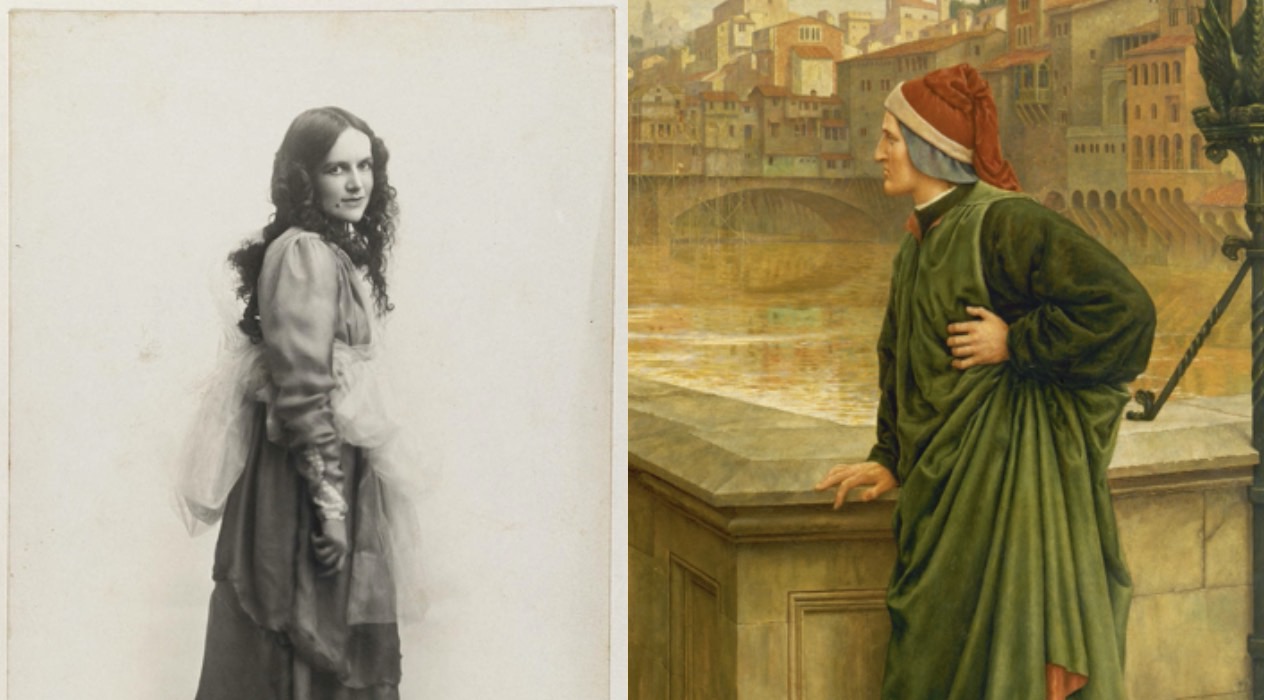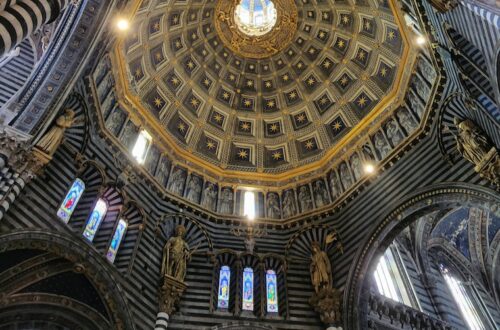Italian Literature
-
Alessandro Manzoni’s Farewell to Como
It’s no accident that Italy used to be many countries, as we discovered on a recent road trip around northern Italy. Even that subset of Italian landscapes is full of stunning contrasts. Mountains and sea and thousands of years of diverse horticulture create different environments wherever you go. The climate on the east of the Italian peninsula is drier and different to that on the west. The north is more influenced by the climate of the continent and the Alps. The south is bathed in Mediterranean waves and the Sirocco wind from the Sahara. Of course much is shared, and the swallows are certainly unfazed by such changes. For them…
-
Behind the scenes interview: Juliet is dead: Romeo’s Lost Scene
In the video below, director filmmaker Rhianna Spooner and author/translator Michael Curtotti talk about Juliet is Dead: Romeo’s Lost Scene: the new release short film dramatising a lost scene from the Romeo and Juliet story. That scene never made it into Shakespeare’s play. The video includes behind the scenes footage from the film shoot with J.K Kazzi and Gabriel Alvarado. An edited interview transcript (not including the behind the scenes footage in the video) is provided below. Introduction Hi, my name’s David Curry. I’m coming to you from Ngunnawal and Ngamberri country, Canberra. I’m very excited to be part of this launch of Juliet is Dead: Romeo’s Lost Scene. So…
-
Juliet is dead! In world first, Australian team films lost historical Romeo scene.
Press Release: Shakespeare’s Romeo and Juliet has long entranced audiences worldwide, but what if there’s more to the story? In a groundbreaking first, an Australian team unveils a powerful scene from Matteo Bandello’s overlooked original Italian version, Romeo and Giulietta, which Shakespeare adapted. “Even though Romeo and Juliet is set in Verona, most people don’t know it’s an Italian story,” explains Italian-Australian author Michael Curtotti, who recently unveiled a fresh English translation of Matteo Bandello’s narrative. “It’s like appreciating Peter Jackson’s Lord of the Rings without acknowledging JRR Tolkien. Within Bandello’s rendition lies a trove of narrative richness that was left on the cutting room floor.” Led by director Rhianna…
-
The Infinite – Giacomo Leopardi
Sempre caro mi fu quest’ermo colle,e questa siepe, che da tanta partedell’ultimo orizzonte il guardo esclude. Ever dear to me has been this empty knoll, And this hedgerow, which walls away so muchOf that last horizon from my sight. Ma sedendo e mirando, interminatispazi di là da quella, e sovrumanisilenzi, e profondissima quïeteio nel pensier mi fingo; ove per pocoil cor non si spaura. E come il ventoodo stormir tra queste piante, io quelloinfinito silenzio a questa vocevo comparando: e mi sovvien l’eterno,e le morte stagioni, e la presentee viva, e ‘l suon di lei. Così tra questaimmensità s’annega il pensier mio:e ‘l naufragar m’è dolce in questo mare. But…
-
Othello and Desdemona: An Italian novella of murder and manipulation
Until you read the stories that Shakespeare read, it’s difficult to fully understand the plays he wrote. This is the tale of a particular story he read: the Italian novella which inspired Othello. Shakespeare adapted its plot to the stage, and like Romeo and Juliet, he made it world famous. To Shakespeare, Othello was the most important person in the tale. For the author of the novella however, Desdemona was the heart of the story. For the novella focusses on hatred of a woman. In Shakespeare’s hands the story became a play about the hatred of a man. There is much that the two stories share in common. Most of…
-
Romeo and Juliet Go Down to Egypt
As far as we know, the first recognisable version of Romeo and Juliet was written by Masuccio Salernitano, or, by his proper name: Tommaso Guardati. (His nickname just means: “Tommy of Salerno.”) In 1476, when he wrote his version of Romeo and Juliet, he didn’t use the names we now know today. Yet even though he calls the lovers “Mariotto and Gianozza,” and they lived in Siena instead of Verona, it’s clear these lovers are Romeo and Juliet. The journey from Masuccio’s tale to that of Shakespeare passes through several versions. First, Luigi da Porto took the story and put it in Verona. He gave the lovers the names we…
-
An Interview with Dr Francesco Ricatti: Matteo Bandello’s Romeo and Juliet
Recently, I was privileged to speak with Dr Francesco Ricatti, Associate Professor of Italian Studies at the Australian National University who kindly arranged the interview which was intended for his second year Italian language students. Our conversation was about Matteo Bandello’s Romeo and Juliet: the Italian novella that inspired the Shakespeare play we all know. I have embedded the video of the interview below. Also, as time didn’t allow, below are a few further thoughts to further explore Bandello, his life and his writing and particularly his Romeo and Juliet. Matteo Bandello: A Refugee Whose Writings Reached the World Starting with Matteo Bandello’s life, in the video we discuss how…
-
Matteo Bandello’s Forgotten Tale of the Tragic Lovers Romeo and Juliet
Sometimes, you just can’t believe what you turn up in history. If I told you a rather odd (and almost forgotten) bishop was the one who started the story of Romeo and Juliet ‘going global’, you would raise your eyebrows. But that’s what happened. His name was Matteo Bandello, and he wrote Romeo and Juliet before Shakespeare. In fact, he wrote hundreds of stories. And translated into French, English and Spanish, his stories made their way around Europe in his own lifetime. In England and Spain, his stories were adapted for the stage. Shakespeare loved Matteo Bandello’s stories so much, that he made four of them into plays. How did…
-
It’s funny, but Shakespeare is teaching me Italian stories
It’s curious to find the heart of Italy in the soul of England, but so it is. For Shakespeare put it there. For years now, I’ve been hunting down Italian stories, and the last thing I expected was that Shakespeare would give me the breakthrough I was looking for. The most desperate loves, the vilest deceptions, the most delightful cross-dressing dalliances and the bitterest revenge. Shakespeare found them in Italian novellas and adapted them to the London stage. I have to admit, although the journey has been fun, it’s not so easy to plunge into the ocean of Italian literature, not knowing where it might take you or in which…
